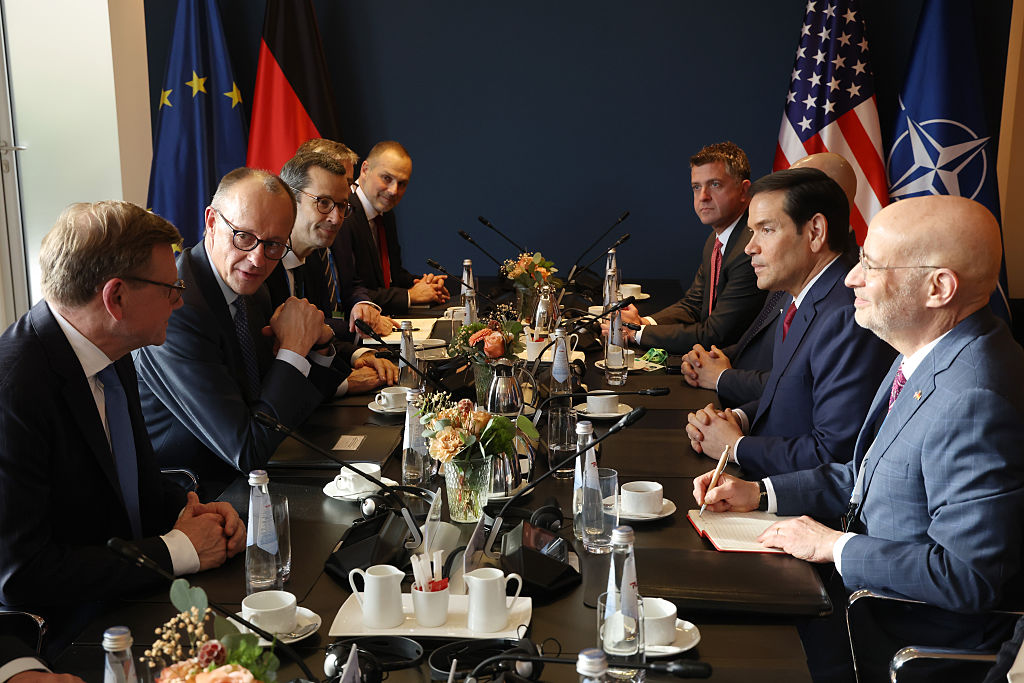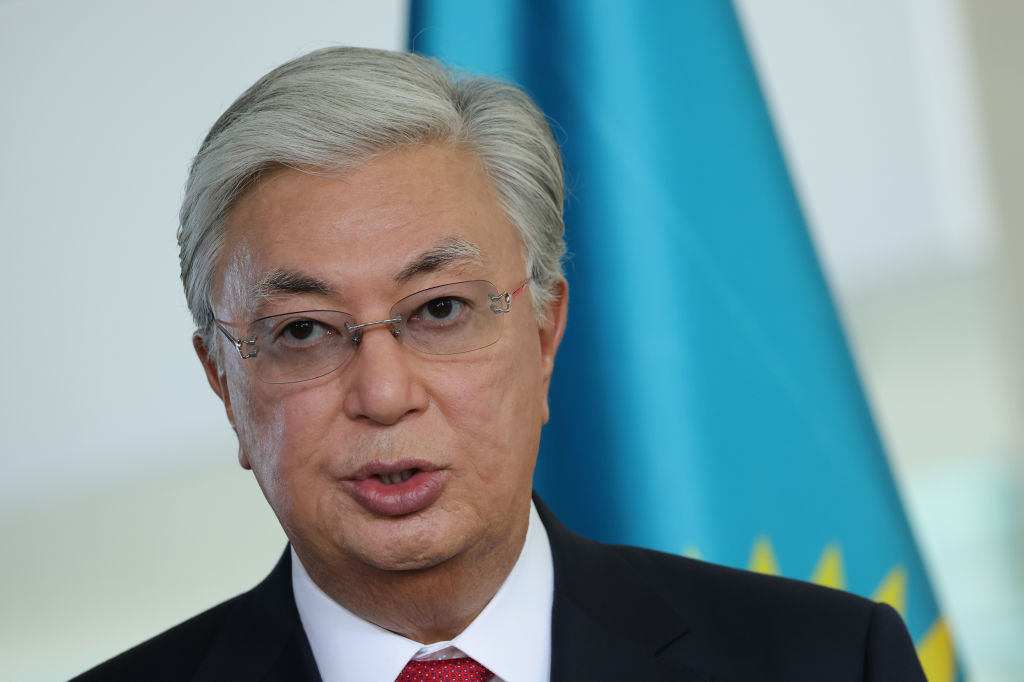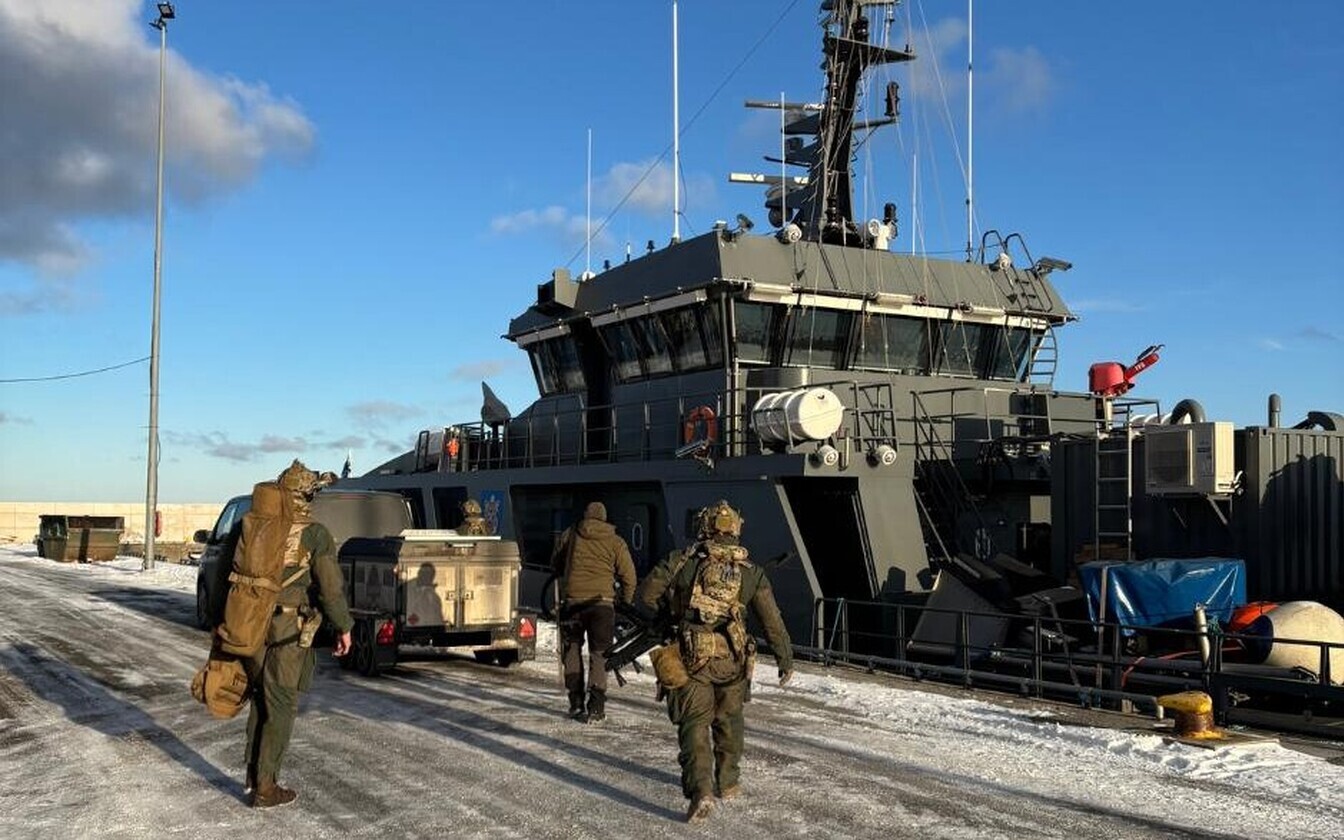
Has the Scare in Moscow Over the US ‘Kremlin List’ Evaporated?
Has the Scare in Moscow Over the US ‘Kremlin List’ Evaporated?
The paramount news in Moscow last week was the United States Department of the Treasury’s release of the long-expected report on senior Russian political figures and oligarchs—the so-called “Kremlin List” (see EDM, February 1). The list was mandated by the Countering America’s Adversaries Through Sanctions Act (CAATSA), signed by President Donald Trump last August. Russian President Vladimir Putin tried to shrug off the naming of 114 officials from his administration and the government; whereas the prevalent feeling among the 96 listed Russian oligarchs was relief (RBC, January 30). The longer-than-expected Kremlin List appears to have been compiled so superficially as to be all but meaningless. In a peculiar way, the publication of this report coincided with a ruling by the Court of Arbitration for Sport (CAS), which canceled the doping ban for 28 Russian athletes imposed by the International Olympic Committee (IOC). This action by the CAS had the effect of restoring Russia as the medal tally winner of the 2014 Sochi Winter Olympics, an outcome greeted with great fanfare in the Russian media (Novaya Gazeta, February 1).
Nonetheless, the Treasury report remained the key theme for Russian commentary throughout the week. Some editorials described its effect as comic rather than dramatic and compared it to “carpet bombing” (Vedomosti, January 30). Other speculated about the “secret part” of the report and discussed Washington-based analyst Anders Åslund’s assertion (Atlanticcouncil.org, January 30) that a more narrow-focused list had been replaced by the all-inclusive one (RBC, January 31). Meanwhile, some opinions attributed the apparent lack of solid research that went into the report to the Trump administration’s presumed irritation with the US Congress interfering in the Executive Branch’s policy-making; these sources duly described the escalating political squabbles around the “Russian connection” being investigated by Special Counsel Robert Mueller (Moscow Echo, February 2). All agreed, however, that the disappointing report was not the end of the story and pondered Washington’s further actions and counter-actions.
The Russian business elite remain under severe stress, which had been building since the approval of CAATSA (Forbes.ru, January 26). The US Treasury’s recommendation not to introduce new sanctions against Russian sovereign debt and derivatives because of possible widespread negative fallout is not necessarily good news for the oligarchs, who have good reason to assume that they may ultimately be selectively targeted instead (Kommersant, February 3). For some of them it is already too late to worry about their reputation; but most expect new complications in doing business, particularly with Asian counterparts (Kommersant, February 2). The hundred or so Russian billionaires explicitly named by the Kremlin List are less concerned about the investment climate in Russia and worry more about the safety of their prudently evacuated assets in Western “safe havens.”
Alexei Navalny, a leader of the anti-Putin opposition and a fearless campaigner against corruption, added to these fears by suggesting that the list gives Western financial institutions good reason to look deeper into the origins of some of the most suspicious Russian family fortunes (Navalny.com, January 30). Direct monetary losses are still negligible, but the denial of respectability is a blow for many oligarchs who invested heavily in order to cover up the corruption connected to their immense wealth. Thus, they may now have to budget for unprecedented fresh scrutiny, which could treat even their clean profits as toxic (Novaya Gazeta, January 30). Such collective punishment, instead of sowing doubt and discord among the elites, might encourage them to close ranks around the Kremlin (Nezavisimaya gazeta, February 1). Their renewed pledges of loyalty, however, may be hardly convincing for Putin, who likely assumes that betrayal is the natural response of any punished courtier-plutocrat (The New Times, January 31).
One group of Putin’s lieutenants that feels no anxiety about the indiscriminate approach of the Kremlin List is the top brass: Russia’s military leadership is more concerned about the recent publication of updated US strategy documents, namely the National Security Strategy and the Nuclear Posture Review. Together, this new “Mattis-McMaster doctrine” (referring to Defense Secretary James Mattis and National Security Advisor H. R. McMaster) identifies Russia as a major geopolitical adversary that uses its upgraded military might as an instrument of aggressive policy while also preparing for a first nuclear strike (Gazeta.ru, February 3). The Russian Ministry of Foreign Affairs rushed to reject the latter proposition. But Moscow’s massive and sustained investment in the modernization of its nuclear arsenal is irrefutable (Mid.ru, February 3). With Russia recognized as one of the US’s main sources of threat, it makes sense that Washington could fine-tune sanctions to target particular members of the Russian ruling class (Rosbalt.ru, January 30).
The Russian business elite tries to argue the need for restraint and caution in executing counter-measures to US sanctions (Forbes.ru, February 1). Nevertheless, the military top brass has already started to deliver the responses it knows best, including the long-promised deployment of Iskander tactical ballistic missiles to the Kaliningrad exclave (Ezhednevny zhurnal, February 1). The aggressive intercept of an EP-3 US Navy reconnaissance plane by a Russian Su-27 fighter over the Black Sea last week could have been another response, and the Russian Ministry of Defense insists on its right to challenge hostile planes near Russia’s borders (RBC, February 1). Putin’s generals and spy-masters are avoiding escalating the confrontation but presume that their US counterparts will only take into account Russian interests if Moscow demonstrates a high readiness to defend them. The unprecedented visit to Washington of the heads of three Russian spy services—the Federal Security Service (FSB), the Foreign Intelligence Service (SVR), and military intelligence (GRU)—shows that this part of the Russian elite is ready to talk, assuming counter-terrorism provides a good conversation starter (Grani.ru, February 2).
The top officials in the Kremlin feel no pain from Western punishment and may even feel good about playing hard ball with the US. In a paradoxical way, the tightening sanctions regime takes Russia exactly where they want it to go—toward isolation and stagnation. They count on the passive consent of the Russian majority, chronically exposed to “patriotic” propaganda, to follow this road. But such inertia tends to last until it suddenly does not. Impoverishment and injustice generate a deepening pool of discontent, while outrage against the suppression of dissent and resentment against sanctions provide catalysts for public protest and splits in the bureaucratic pyramid. Sanctions may not work as designed, particularly if applied haphazardly, but they add to the as yet sub-critical mass of mistrust in Putin’s regime, prompting the stake-holder to look for a good moment to opt out.


